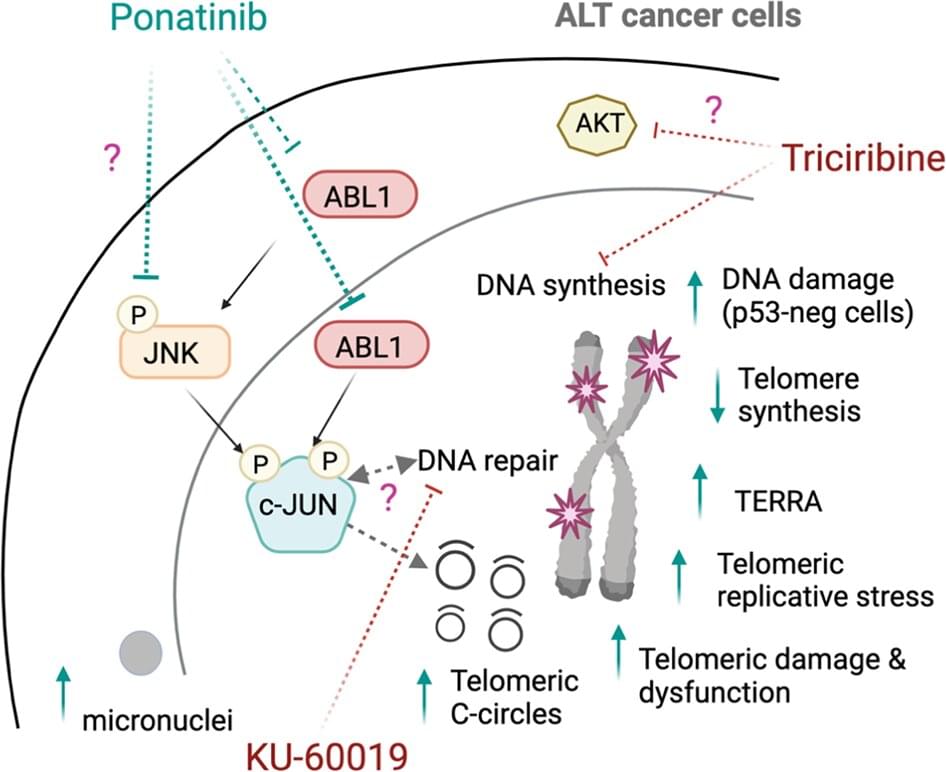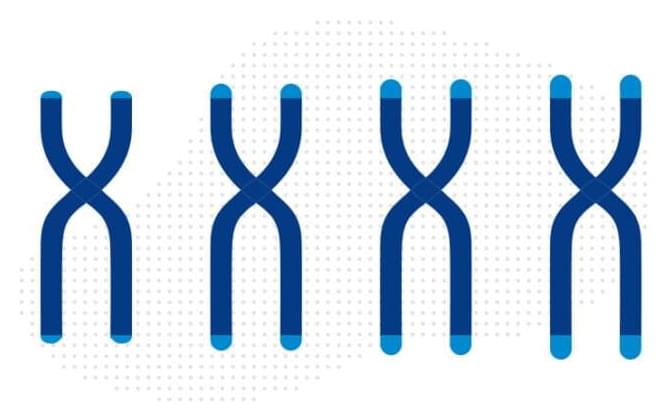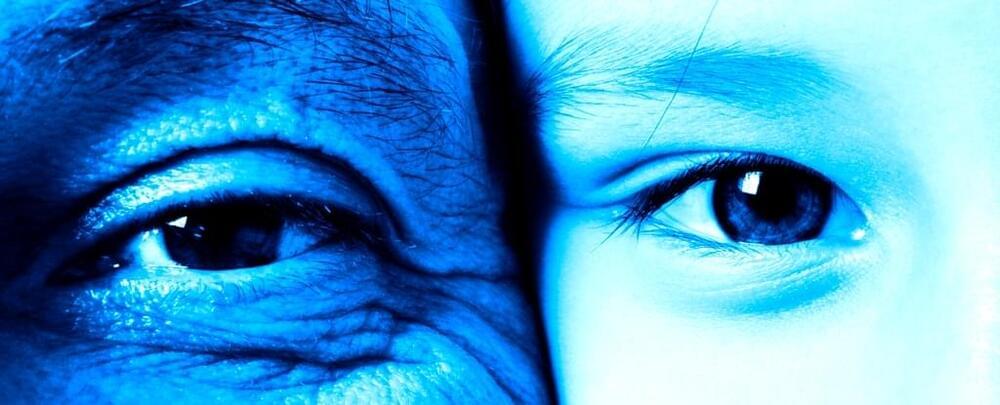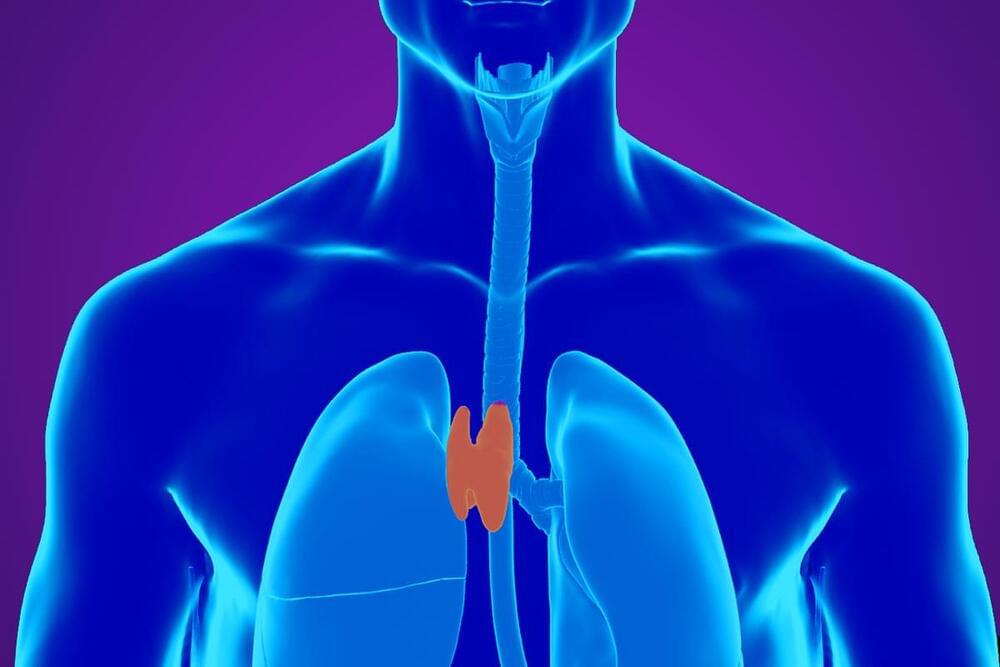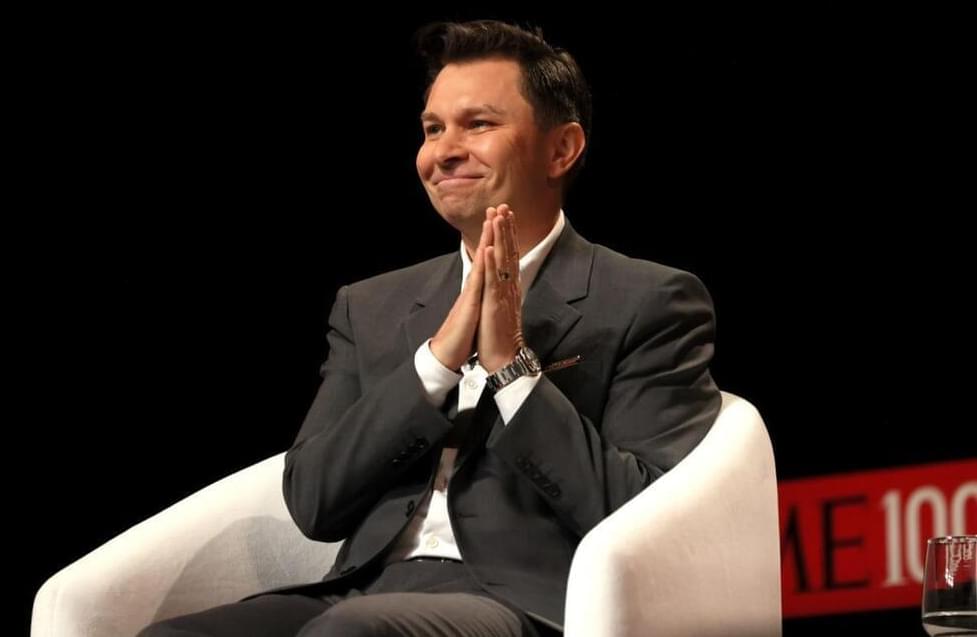A stem cell therapy treatment developed by Duke-NUS Medical School researchers for heart failure has shown promising results in preclinical trials. These cells, when transplanted into an injured heart, are able to repair damaged tissue and improve heart function, according to a study published in the journal npj Regenerative Medicine.
Longevity. Technology: The most common cause of death worldwide is ischemic heart disease, which is caused by diminished blood flow to the heart. When blood flow to the heart is blocked, the heart muscle cells die – a condition termed myocardial infarction or heart attack, something that happens to 805,000 people a year in the US [1].
In the Duke-NUS study, a unique new protocol was used where pluripotent stem cells were cultivated in the laboratory in order to grow into heart muscle precursor cells – these cardiomyocyte progenitors can develop into various types of heart cells, through a process called cell differentiation in which dividing cells gain specialised functions. During preclinical trials, the precursor cells were injected into the area of the heart damaged by myocardial infarction, where they were able to grow into new heart muscle cells, restoring damaged tissue and improving heart function.

